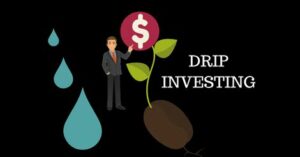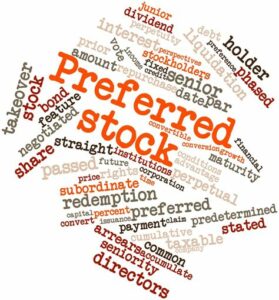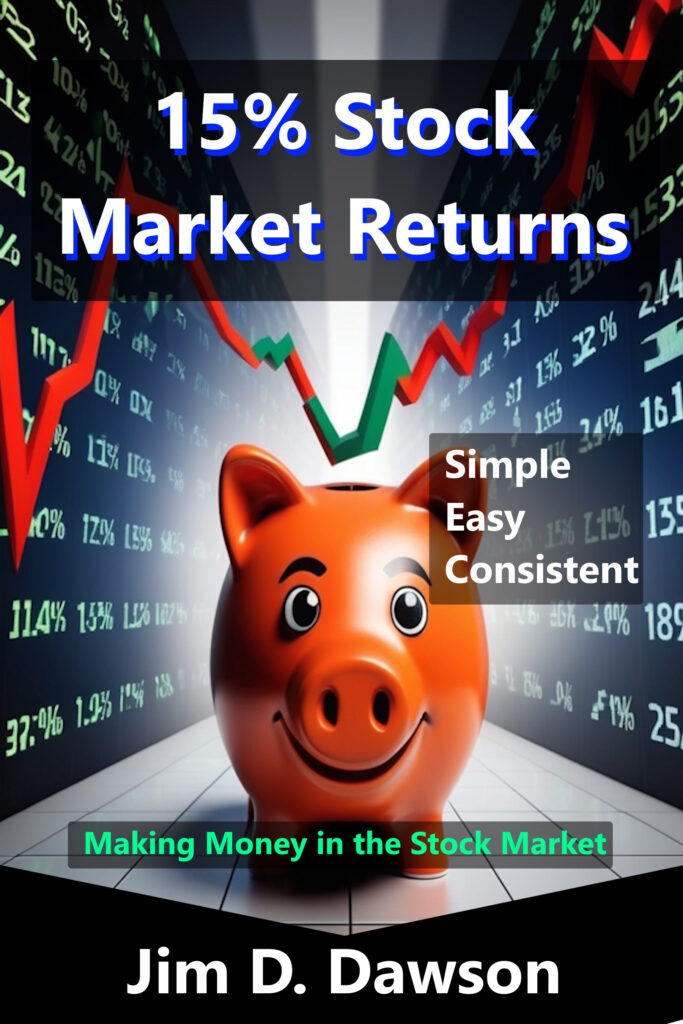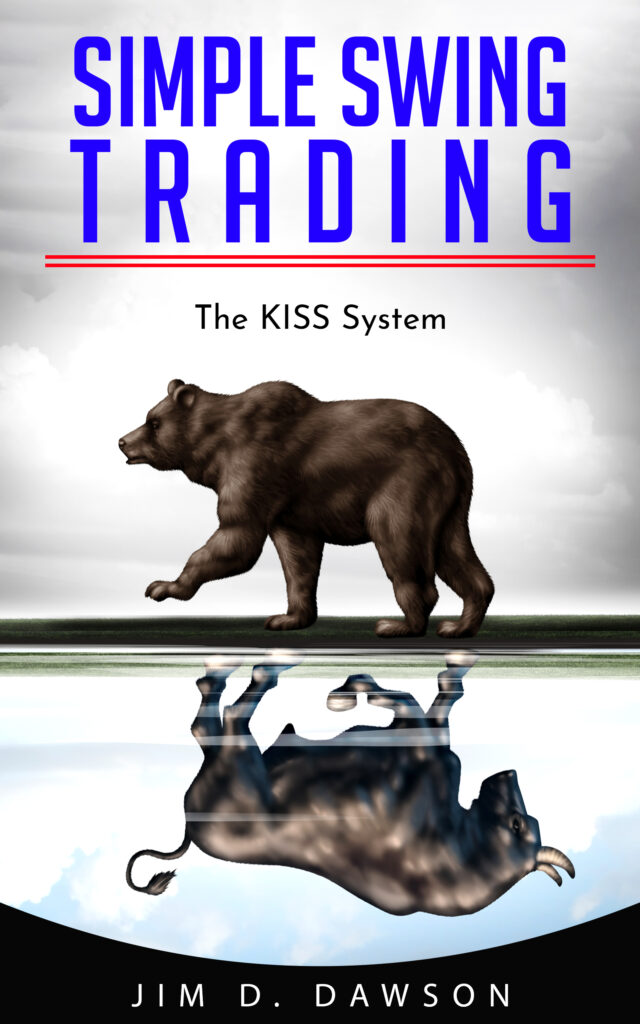
Investing in the stock market is often viewed as a long-term endeavor, with investors aiming to grow their wealth steadily over time. However, predicting the exact return one can expect over a specific period, such as 10 years, is challenging due to various factors influencing market performance. Nonetheless, understanding the key determinants and historical trends […]







